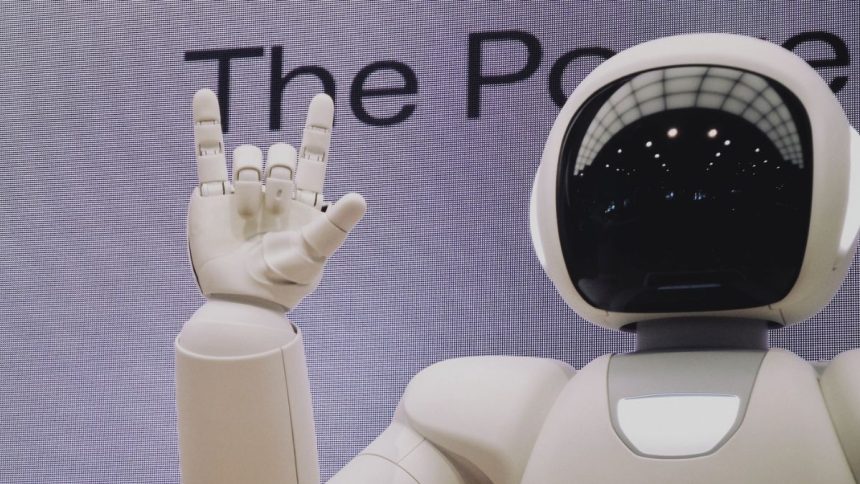Europe’s policymakers and legislators have agreed to a deal which is set to become the world’s first exhaustive set of regulations for artificial intelligence (AI) technology, including ChatGPT and other biometric-based surveillance. According to Reuters, the final rules will likely reach development early next year and may come into effect in 2026.
With the move, the EU may become the first global power to introduce rules around the use of AI. Before these come into effect, companies have been encouraged to adhere to a voluntary AI Pact to comply with essential obligations.
Also Read: EU Proposes New Copyright Laws For Generative AI Tools | Explained
The news outlet noted AI systems with a “high-risk” and potential to damage safety, fundamental rights, environment, rule of law and more will undergo an impact assessment before entering the EU. Systems with limited risks will have to adhere to “light transparency obligations”, such as an AI-generated label.
The report noted that the use of biometric systems in public areas will be permitted only to recognise victims of abduction, human trafficking, sexual exploitation or prevent a terrorist threat. Plus, these identification systems will be allowed to track suspects involved in terrorism, murder, rape, trafficking and other kinds of serious offences.
The EU may become the first global power to introduce rules around the use of AI. (Image:Unsplash)
Further, General Purpose AI Systems (GPAI) and foundation models will have to fulfil the requirements of preparing technical documentation, complying with copyright codes, and sharing summaries highlighting the content used in training. Models falling in the category of risk and high-impact will have to conduct assessments to mitigate risks, report serious incidents to the EU, and ensure cybersecurity.
The regulations prohibit biometric categorisation systems that utilise religious, political, philosophical beliefs, sexual orientation and similar characteristics. Plus, untargeted retrieval of facial images online or CCTVs to generate a face identification database is not allowed.
Also Read: ChatGPT Maker’s CEO Takes U-Turn On Decision To Leave Europe Over EU’s Draft Regulations On AI
Other prohibited items include emotion recognition at the workplace or educational establishments, social scoring and AI technology that attempts to alter an individual’s behaviour to override their free will and exploit their vulnerabilities based on their age, social and economic status and disability.
These will likely impact top AI players such as OpenAI, Google, Microsoft and more. The rules may act as a blueprint for governments across the globe to mitigate the risks of this technology. Reuters noted that the fines for violation will start from 7.5 million euros or 1.5 per cent of global annual turnover and steep up to 35 million euros or 7 per cent of worldwide turnover.


